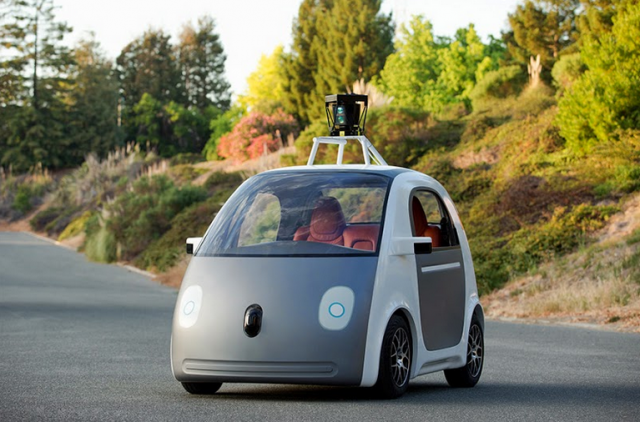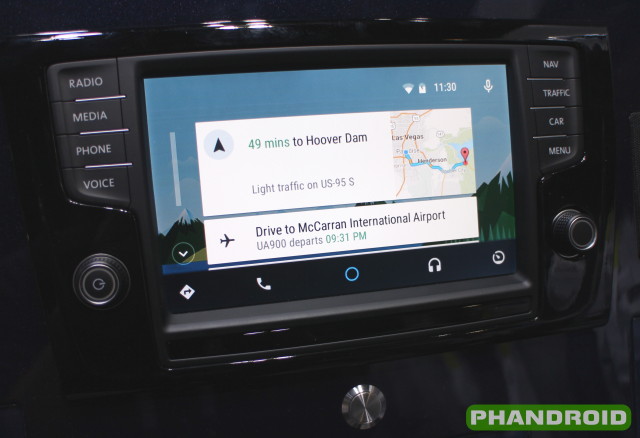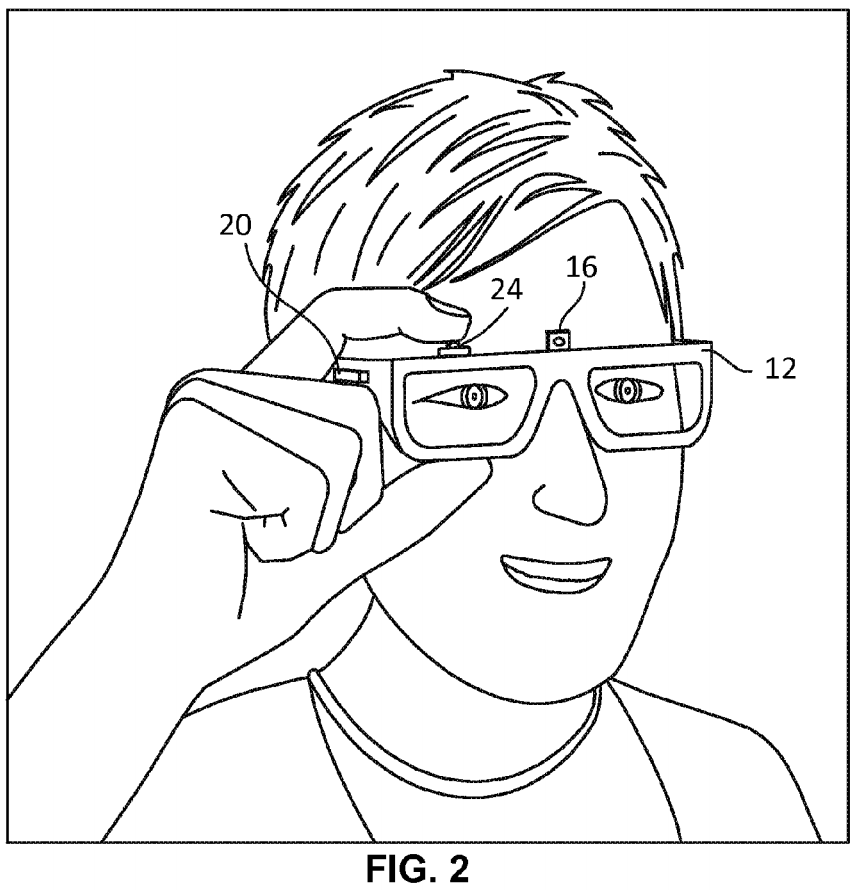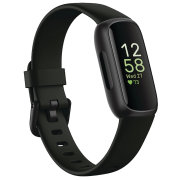Driving to an airport, a mall or an otherwise crowded facility is one thing. Finding a place to park your big hunk of metal called a vehicle? An entirely different problem. Google could be looking to change that, though, if their latest patent is anything to go by.
The company filed a patent for a system where they can help a user determine a suitable parking space, and will opt to navigate you to said parking space so you can get in where you fit in. Here’s how the company lays it out in their patent filing:
Provided are systems, methods, and computer-readable media routing users for determining a parking route near a user’s destination. A request for parking near a destination and user parking criteria are obtained. A list of parking spaces based on the destination and near the user parking criteria are determined, and a parking mute from the user’s current location that traverses the list of parking spaces is also determined. The first portion of the parking route between the user’s current location and the first parking space is determined. Additional portions of the parking route to additional parking spaces are provided until parking termination criteria are met.
Once said “termination criteria” are met (that is, making sure all the necessary data is gathered to help determine a valid parking spot), Google will present the user with directions to find and park in the space.
Our first thought is that this could be awesome for Google Now, especially for cars that are equipped with Android Auto systems. Imagine taking a trip to the shopping center and, just before you arrive, Google gives you the perfect place to park. It could pop up on your phone or right in your in-dash view through Android Auto’s notifications.
As awesome as that would be, though, we wouldn’t be surprised to learn that this is the system Google uses for the automated self-driving vehicles they’re cooking up and testing in California. (Though that shouldn’t dash any hopes of Google offering the feature up through Google Now for those capable of driving their own vehicles.)
Something else to think about is how, exactly, can Google determine a parking spot? Two immediate solutions come to mind depending on the company’s intent to use this thing:
- In the case of self-driving vehicles, Google could use the car’s plethora of image and motion sensors to map out a surrounding area and find an open parking spot. You can find a nice video detailing how Google currently maps a self-driving car’s surroundings here.
- In the case of an Android Auto feature, Google would probably need a parking system that holds a real-time database of parked cars. You often find these sorts of systems in airport parking lots or inside multi-level garage and parking structures.
The second instance will obviously require the infrastructure necessary to facilitate the feature. It’s something Google could help build out by striking up partnerships and deals with real estate companies and airports who control these parking lots. Google could even be saved the trouble of doing any heavy lifting by using the system these parking complexes might already have in place.
However they’d do it, though, we’d love to see it come to fruition at some point down the line.











Comments